Vaccination against COVID-19 has begun in countries around the world since the beginning of December 2020. With the third wave of COVID cases forcing half of Malaysia into a second movement control order, all hope is on a vaccine that will help get us back to us. May normalcy in daily life and the world get back on track after months of a hard fight against the pandemic. As we prepare ourselves for the roll-out of the COVID-19 vaccine in Malaysia, read frequently asked questions based on the latest news and answers to some of your burning questions about COVID-19 about the vaccine Do it.
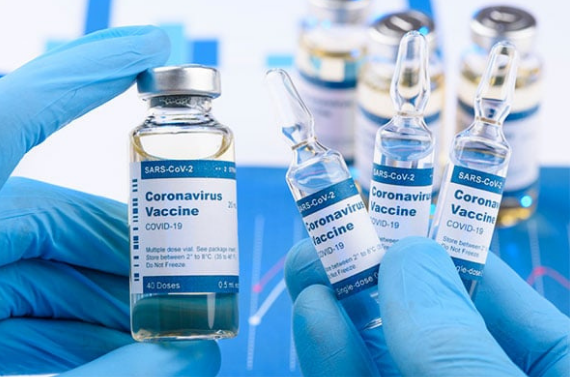
There are many vaccine options available globally – these different vaccines are manufactured by different companies and differ in terms of their technology, effectiveness rates, how they are taken and stored, as well as how they work There are features. We won't go into too much detail about the differences between these vaccines. The vaccines will be sourced from a few different brands, with the first batch scheduled to arrive in Malaysia in February 2021. Here is a list of the various vaccines that will be received by Malaysia:
1.Pfizer
2.AstraZeneca
3.Sinovac
4.CanSinoBIO
5.Sputnik V
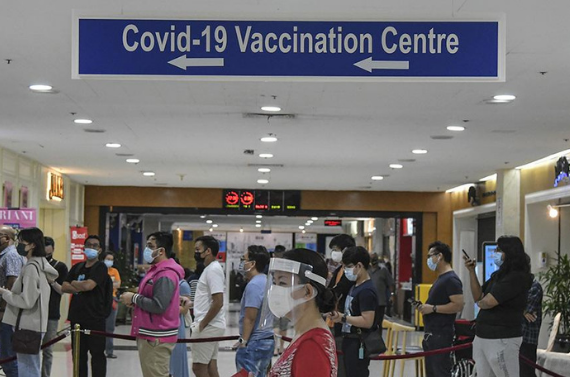
The Malaysian government is in final stage discussions with various vaccine providers to get enough vaccine shots to cover about 80% of the country's population. It has been announced that Malaysia received the first batch of 100,000 doses of Pfizer vaccines on 21 February 2021.
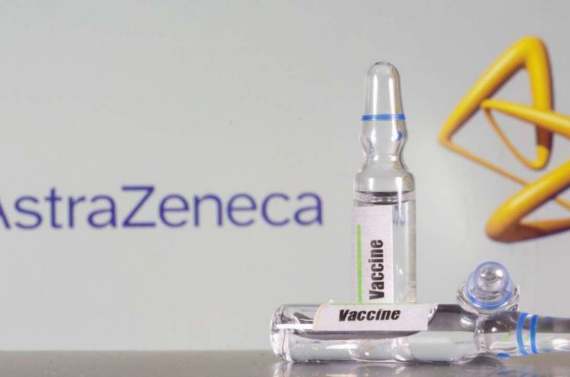
On July 1, Malaysia received one million AstraZeneca doses donated by the government of Japan, bringing the total number of AstraZeneca doses received in the country to 1.8 million to that date.
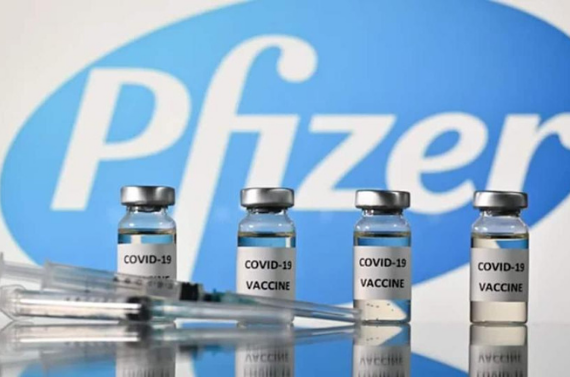
On July 5, 2021, one million Pfizer-BioNTech doses arrived in Malaysia from the US government to help accelerate vaccination efforts in the country.
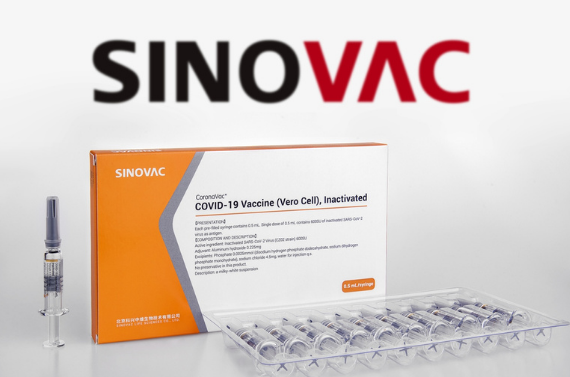
According to an announcement by the Minister of Science, Technology, and Innovation, Khairi Jamaluddin, a contribution of 500,000 Sinovac doses is expected from China to Malaysia in mid-July.
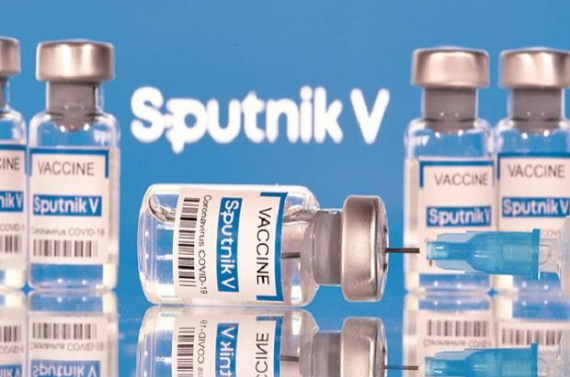
On June 1, 2021, a statement by a Malaysian pharmaceutical company revealed that it had concluded the execution of separate fixed supply agreements with the Malaysian government and a subsidiary of the Russian Direct Investment Fund for the supply of 6.4 million Sputnik V doses. According to this statement, the supply of Sputnik V vaccines is subject to its approval by the Drug Control Authority of Malaysia and other terms and conditions of supply.
The rest of the vaccine will be available in a very short time.
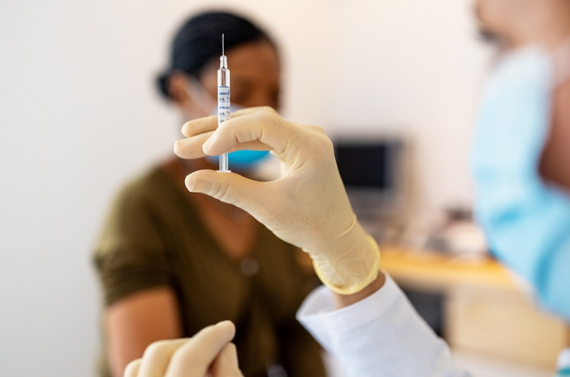
While the COVID-19 vaccine should be safe for most people, there are certain groups of people who should not be vaccinated due to age and health concerns. This includes children and individuals who have a tendency to be allergic to any vaccine or injectable medicine. In addition, pregnant women, those who are breastfeeding, and those with certain immune-compromised conditions should receive the vaccine only after careful consideration of the risks, in consultation with health care professionals.

Most of the vaccines currently available have to be taken in two shots to be effective, one being a priming dose and the other a booster. These two shots will be administered over different weeks - the actual duration depends on which vaccine you are taking. Once you have been vaccinated, it will usually take a few weeks for your body to build up immunity and protection from the COVID-19 virus.
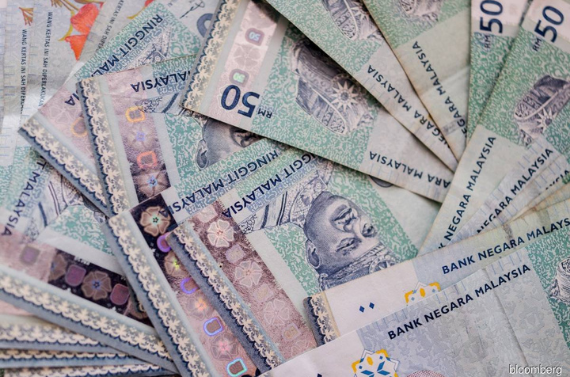
The cost of the vaccine in Malaysia is said to be RM77.35, according to Deputy Finance Minister Mohamed Shahar Abdullah. However, it has been announced that it will be given to Malaysians free of. The government has also announced that vaccines will be free for foreigners, including foreign workers, in Malaysia.
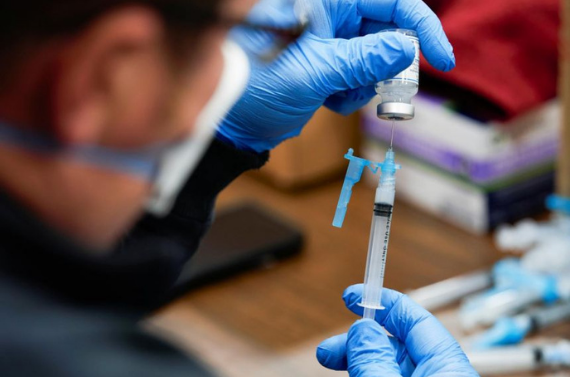
Side effects are common when you get vaccinated (they're proof that your body is building up immunity) and usually last only a few days or a few weeks at most. They also vary depending on the individuals and should not be of great concern. Here are some common side effects reported from people who have already taken the vaccine:
1.fatigue
2.headache
3.muscle pain
4.chills
5.Redness, swelling, or pain around the injection site